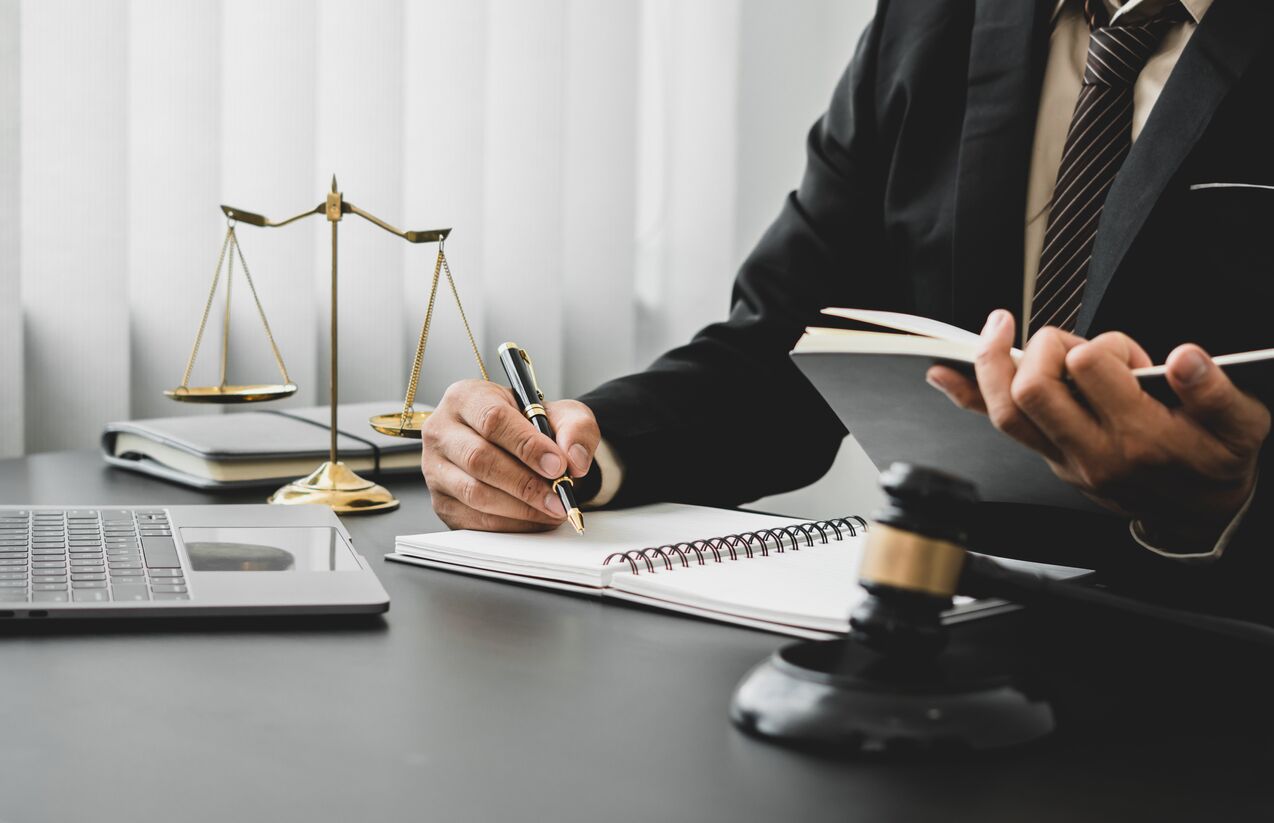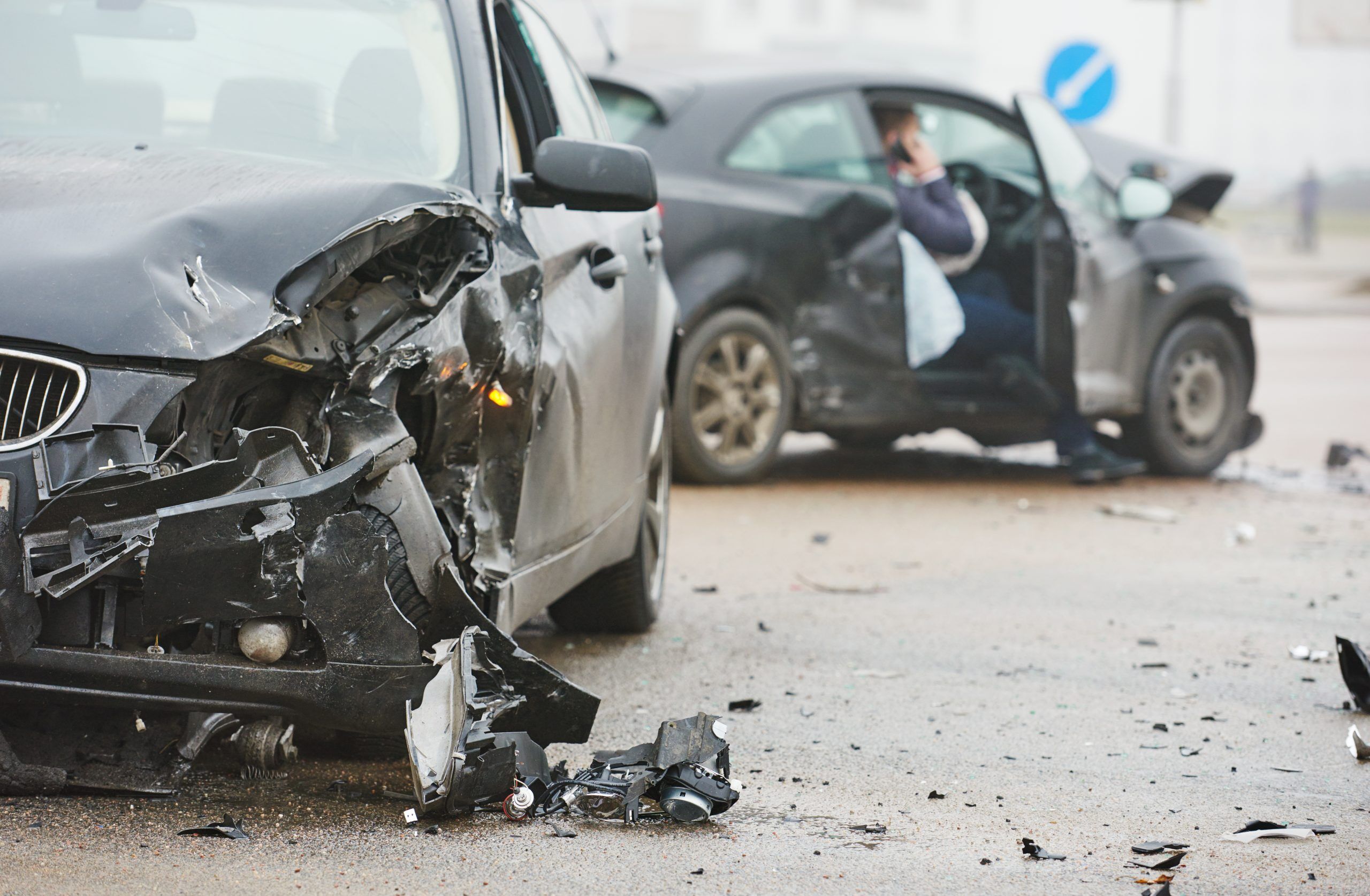Introduction
Truck collisions can be devastating, both physically and emotionally. After experiencing such an incident, it’s crucial to understand the importance of thorough documentation. In this article, we’ll delve into why comprehensive documentation matters after a truck collision, exploring its role in legal proceedings, insurance claims, and personal recovery. With insights from experts like Moseley Collins Law, specifically their team of Los Angeles truck accident lawyers, we'll guide you through the essential steps to take post-accident.
Why Comprehensive Documentation Matters After a Truck Collision
When it comes to truck collisions, the aftermath can be overwhelming. Between dealing with injuries, vehicle damage, and emotional turmoil, it’s easy to overlook the importance of documenting the incident thoroughly. However, having detailed records can significantly impact your case and subsequent recovery efforts.
Legal Importance- Accurate documentation serves as critical evidence in legal disputes. It helps attorneys at firms like Moseley Collins Law Los Angeles accident lawyers build strong cases. Courts rely heavily on documented facts to determine liability.
- Insurance companies often require extensive documentation before processing claims. Proper records can expedite claim approval or increase settlement amounts. Having a solid paper trail may prevent insurers from disputing claims.
- Comprehensive documentation aids in tracking medical treatments and expenses. It allows for better communication with healthcare providers. Keeping detailed records helps ensure that all injuries are addressed thoroughly.
Understanding Truck Collisions
What Causes Truck Collisions?
Truck collisions can result from various factors, including:

- Driver fatigue Distracted driving Poor vehicle maintenance Adverse weather conditions
Understanding these causes is essential for both prevention and legal purposes.
Types of Truck Collisions
There are several common types of truck collisions:
- Rear-end accidents Side-impact collisions Rollover accidents Jackknife incidents
Each type presents unique challenges for those involved and requires specific documentation strategies.
The Documentation Process After a Truck Collision
Steps to Take Immediately Post-Collision
Ensure Safety First- Move to a safe location if possible. Call emergency services if there are injuries.
- Collect names, addresses, and insurance details from all parties involved. Gather contact information for witnesses.
- Take photographs of the accident scene from multiple angles. Capture vehicle damage and any relevant road signs or signals.
- Request an official report to document the incident formally. This report will be invaluable later on when dealing with insurance companies or attorneys.
- Even if you feel fine initially, some injuries manifest later on. Document all medical visits related to the collision for future reference.
Comprehensive Documentation Techniques
Utilizing Photographs Effectively
Photographs should capture:
- Vehicle damage Road conditions at the time of the accident Any visible injuries sustained
These images serve as visual evidence that can support your case later on.
Keeping Detailed Notes
Maintain a journal detailing:

- Your daily experiences post-collision Pain levels or physical limitations encountered Interactions with medical professionals or insurance representatives
This record helps illustrate how the accident has impacted your life over time.
Gathering Witness Statements
Witnesses can provide valuable corroborating evidence:
Ask them to share their account of what happened. Record their statements either through written notes or audio recordings (with permission). Obtain their contact information for follow-up if needed later in your case. https://canvas.instructure.com/eportfolios/3548162/home/what-happens-if-your-doctor-admits-fault-understanding-implications-for-your-caseLegal Considerations Post-Collision
The Role of Personal Injury Attorneys
Engaging with a dedicated attorney like those at Moseley Collins Law is vital after a truck collision:
They help navigate complex legal frameworks surrounding accidents. Their experience ensures that you gather pertinent evidence effectively. Lawyers can negotiate on your behalf to secure fair compensation from liable parties or insurers.Understanding Liability in Truck Accidents
Determining liability is often complicated in truck accidents due to multiple parties involved:
- Driver negligence (e.g., recklessness) Employer liability (trucking company responsibilities) Manufacturer defects (faulty equipment)
A well-documented accident increases clarity regarding who is liable for damages incurred during the collision.
Importance of Medical Documentation
Tracking Medical Treatments
Document every medical visit related to your injuries:
- Keep copies of prescriptions and treatment plans. Note dates and times of appointments along with attending physicians' names.
This ongoing record illustrates injury severity and treatment necessity over time—a crucial factor if pursuing compensation through legal channels!
Future Medical Needs
As you recover from injuries sustained in a truck collision, consider potential long-term impacts:
Will ongoing treatment be necessary? Could future surgeries arise based on current evaluations?Keep records regarding expected future treatments; they could influence settlements or court decisions significantly down the line!
Insurance Claims: The Role of Documentation
Filing Your Claim Correctly
When submitting an insurance claim after an accident:
Ensure all required documents accompany your submission (photos, police reports). Keep copies for personal records—this material provides proof should disputes arise later!Common Insurance Pitfalls
Be wary of pitfalls that could diminish your claim's value:
Failing to respond promptly may lead insurers to deny claims outright! Providing inaccurate information could jeopardize compensation opportunities!
Having comprehensive documentation protects against these risks while ensuring accurate representation during negotiations!
FAQs About Documentation After a Truck Collision
1. Why is documentation important after a truck collision?
Documentation is vital as it serves as evidence for legal claims and insurance processes while also aiding personal recovery tracking.
2. What types of documents should I collect?
Collect police reports, medical records, photographs of the scene/vehicles involved, witness statements, and any correspondence with insurance companies.
3. How can I prove my pain levels post-collision?
Maintaining a journal detailing daily experiences related to pain or limitations provides insight into how injuries affect your life over time—valuable for legal cases!
4. Should I hire an attorney after my truck collision?
Yes! An experienced attorney from firms like Moseley Collins Law Los Angeles car accident lawyers will help navigate complexities surrounding liability and compensation processes effectively!
5. What happens if I don't have proper documentation?
Lack of documentation may weaken your case significantly—making it challenging to prove fault or secure adequate compensation from insurers!

6. Can witness statements strengthen my case?
Absolutely! Eyewitness accounts provide corroboration that supports your version of events—essential for establishing fault in any legal proceedings!
Conclusion
In conclusion, understanding “Why Comprehensive Documentation Matters After a Truck Collision” cannot be overstated! From ensuring proper handling during insurance claims processes to supporting personal injury cases legally—the value derived from thorough record keeping serves multiple essential functions throughout recovery journeys following traumatic events like these!
For those navigating post-collision challenges ahead: remember that engaging knowledgeable professionals (like Moseley Collins Law Los Angeles accident attorneys) alongside maintaining meticulous records will empower you towards achieving rightful outcomes during difficult times creatively combined with steadfast diligence—ultimately leading towards brighter futures ahead!